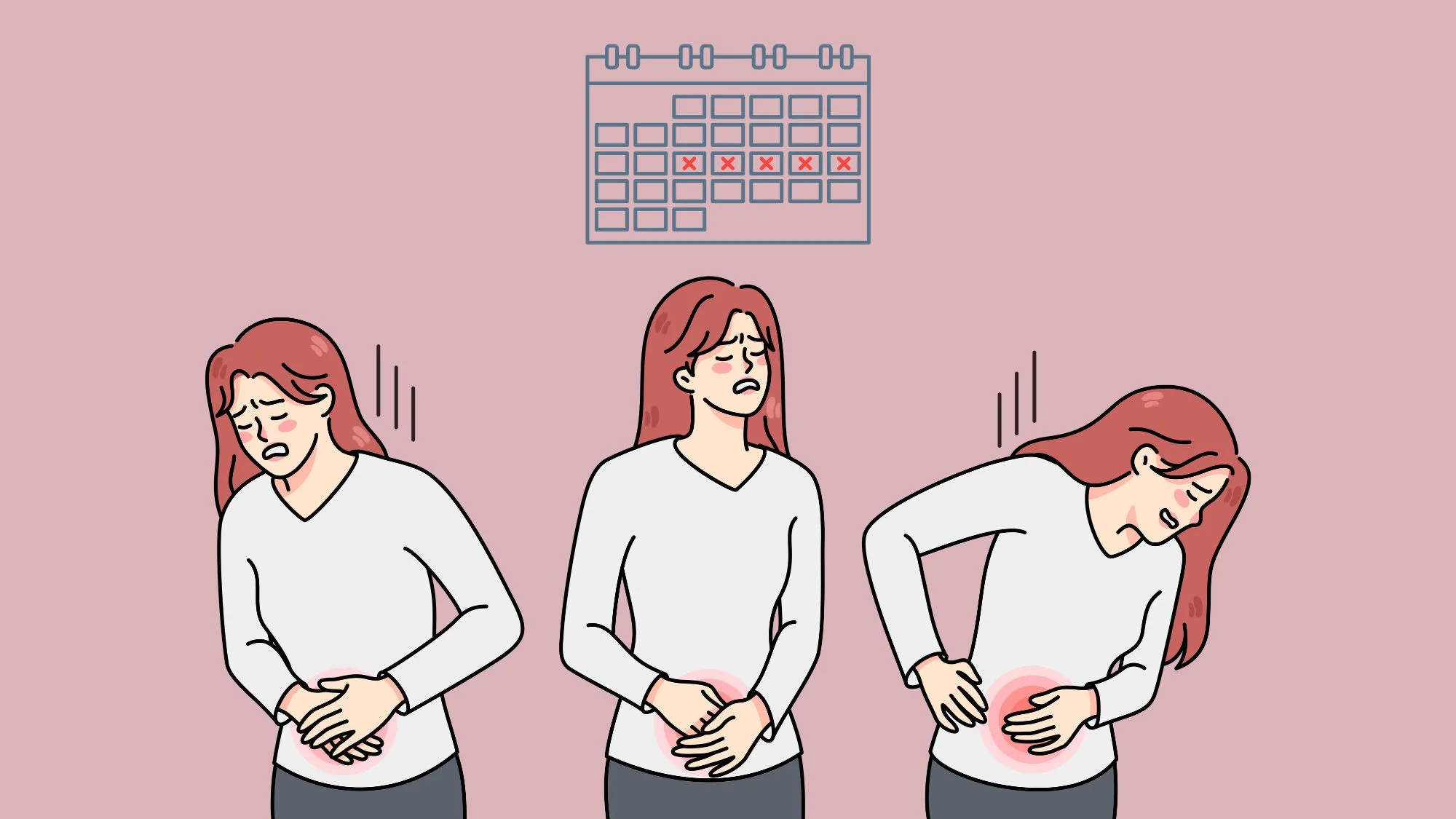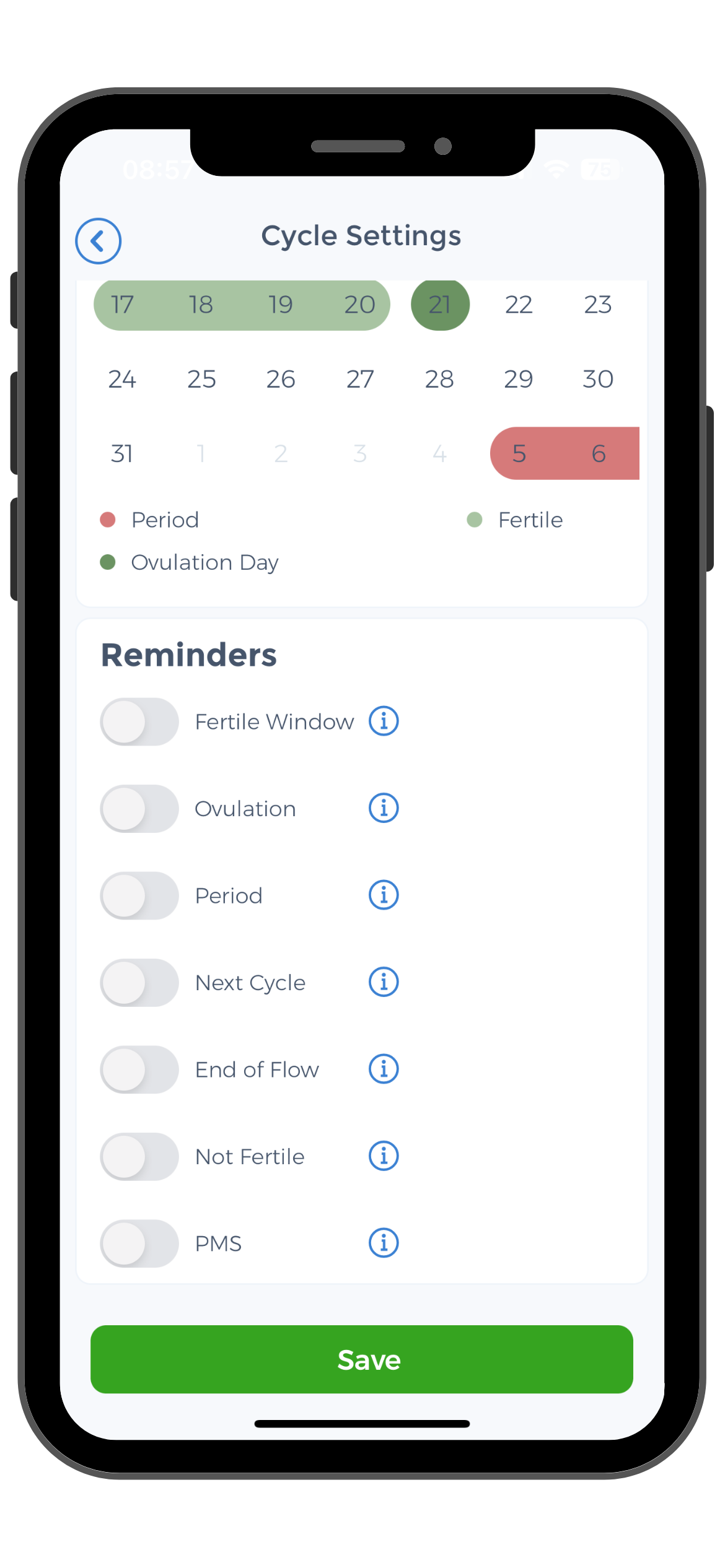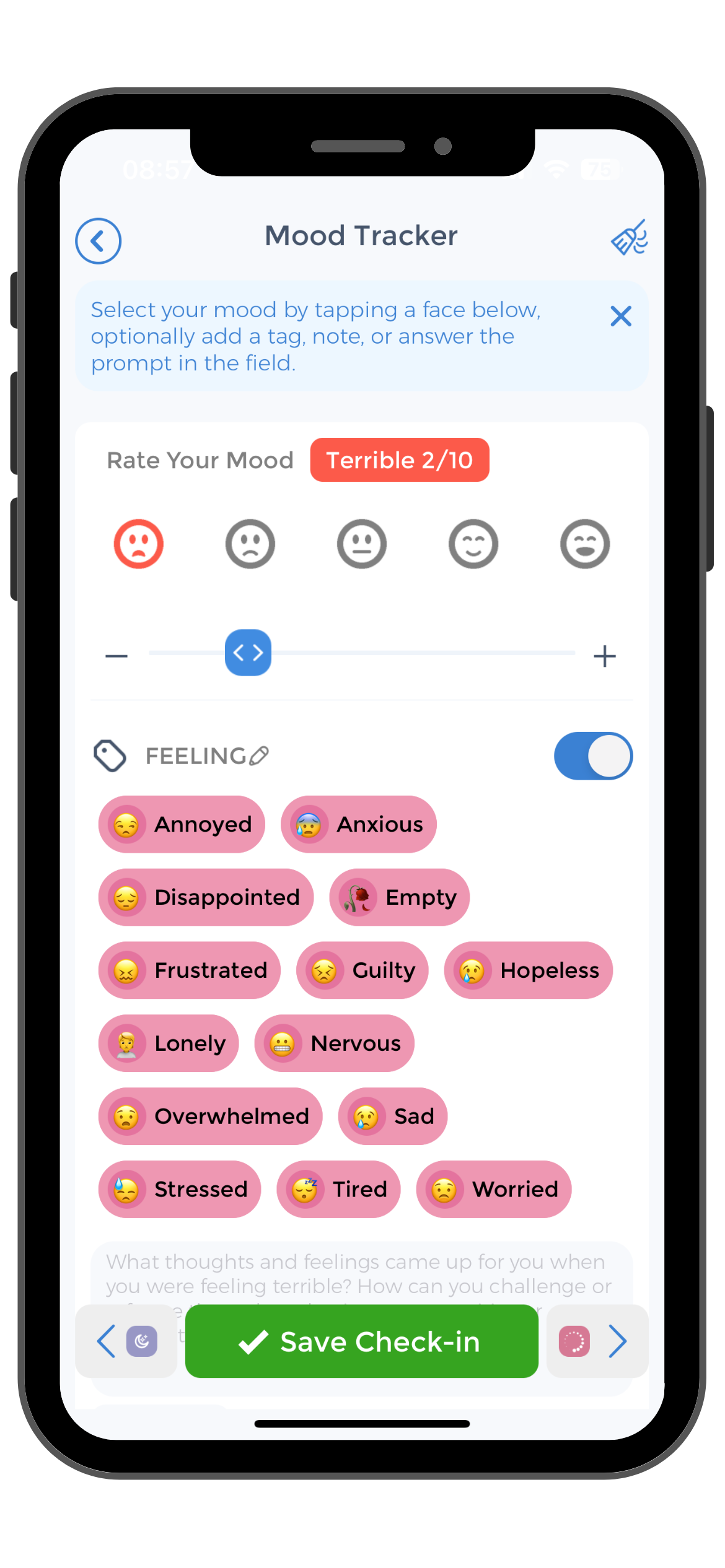
Here’s a comprehensive guide on using dicyclomine for period cramps! If you’re someone who experiences intense menstrual pain and is looking for a solution, you’ve come to the right place.
In this article, we will delve deep into the understanding of dicyclomine, its connection to period cramps, how to use it effectively, and precautions you should take when considering this medication. So, let’s get started![1]
Understanding Dicyclomine
What is Dicyclomine?
Dicyclomine is an antispasmodic medication primarily used to treat gastrointestinal conditions. Such as irritable bowel syndrome (IBS).While dicyclomine is a common treatment for IBS-related cramping, some patients may also benefit from exploring other options like omeprazole for IBS, particularly when acid reflux symptoms accompany their digestive issues. Understanding all available treatment options helps patients work with their healthcare providers to find the most effective relief. However, it has also shown effectiveness in relieving the symptoms associated with period cramps. This medication helps to relax the muscles in the uterus. Which can significantly reduce the intensity of menstrual pain.
It is important to note that dicyclomine should only be taken as prescribed by a healthcare professional. Improper use or dosage can lead to adverse effects. Common side effects of dicyclomine may include dry mouth, blurred vision, dizziness, and constipation. Patients should consult their doctor if they experience any severe or persistent serious side effects while taking this medication.
How Does Dicyclomine Work?
When taken orally, dicyclomine is rapidly absorbed by the body and starts working within 30 to 60 minutes. It acts by blocking the action of a specific neurotransmitter called acetylcholine, which is responsible for triggering muscle contractions. By inhibiting this neurotransmitter, dicyclomine helps to relax the smooth muscles in the uterus, providing relief from cramping.
Furthermore, dicyclomine is also known to have anticholinergic properties. Which means it can affect the functioning of the autonomic nervous system. This can result in decreased sweating, increased heart rate, and dry mucous membranes. Patients with certain medical conditions, such as glaucoma or urinary retention, should exercise caution when using dicyclomine. As it can exacerbate these conditions.
The Connection Between Dicyclomine and Period Cramps
Dicyclomine’s Role in Alleviating Cramps
Dicyclomine, a medication commonly used to treat irritable bowel syndrome, has emerged as a promising solution for alleviating period cramps. Its effectiveness lies in its ability to target the smooth muscles in the uterus. Providing relief from the intense pain associated with uterine contractions during menstruation. Women who struggle with debilitating periods and intestinal cramping find that dicyclomine can significantly reduce both the severity and duration of their discomfort. Allowing them to carry on with daily activities without being hindered by excruciating pain.
Moreover, dicyclomine’s impact goes beyond just pain relief. By easing the muscle tension in the uterus, this medication can also help in reducing other symptoms commonly experienced during menstruation. Such as bloating and lower back pain. This comprehensive approach to managing period-related discomfort makes dicyclomine a valuable asset for women seeking effective relief during their menstrual cycle.
The Science Behind Dicyclomine and Menstrual Pain
 Studies exploring the efficacy of dicyclomine in alleviating menstrual cramps have shed light on the intricate mechanisms at play. It is believed that dicyclomine exerts its therapeutic effects by inducing relaxation in the smooth muscles of the uterus. This relaxation leads to a decrease in the frequency and intensity of uterine contractions. Ultimately resulting in a reduction of pain sensation.
Studies exploring the efficacy of dicyclomine in alleviating menstrual cramps have shed light on the intricate mechanisms at play. It is believed that dicyclomine exerts its therapeutic effects by inducing relaxation in the smooth muscles of the uterus. This relaxation leads to a decrease in the frequency and intensity of uterine contractions. Ultimately resulting in a reduction of pain sensation.
While the precise pathways through which dicyclomine influences menstrual pain are still being investigated, the positive outcomes observed in both clinical trials and real-world applications underscore its value in providing much-needed relief to individuals grappling with period cramps. The growing body of evidence supporting dicyclomine’s role in menstrual pain management highlights the potential for this medication to significantly enhance the quality of life for women dealing with this common yet often debilitating issue.[2][3]
Using Dicyclomine for Period Cramps
Many individuals find relief from the discomfort of period cramps by using dicyclomine. A medication that helps to relax the muscles and avoid stomach upset and intestinal problem. By reducing muscle spasms, dicyclomine can alleviate the cramping and abdominal pain associated with menstrual periods. It is important to note that dicyclomine is a prescription medication. It should only be used under the guidance of a healthcare provider.
Next Dose and Administration
When it comes to using dicyclomine for period cramps, it is essential to follow the prescribed dosage and administration instructions provided by your healthcare provider. The typical starting dose for dicyclomine is 20mg. Which can be taken up to four times a day. However, your doctor may adjust the dosage based on your individual needs and response to the medication. It is important not to exceed the recommended medicine dose to avoid any potential side effects.
Always remember that it is recommended to take dicyclomine with a full glass of water, with or without food. Unless otherwise directed by your medical doctor. It is important to establish a consistent dosing schedule to ensure the medication is effective in managing your period cramps. If you miss a dose, take it as soon as you remember. But do not double up on doses to make up for a missed one.
Possible Side Effects
While dicyclomine is generally well-tolerated, it may cause some side effects in certain individuals. These can include dry mouth, dizziness, blurred vision, constipation, and difficulty urinating. If you experience any severe or persistent side effects, it is crucial to contact your healthcare provider for further guidance. It is also important to note that dicyclomine may interact with other medications. So it’s essential to inform your doctor about any other medications you are taking.
Some individuals may experience allergic reactions to dicyclomine. Such as rash, itching, swelling, severe dizziness, or trouble breathing. If you notice any signs of an allergic reaction, seek immediate medical attention. Additionally, dicyclomine may cause drowsiness or blurred vision. So it is important to avoid driving or operating heavy machinery until you know how this medication affects you.
Precautions and Contraindications: Who Should Avoid Dicyclomine?
While dicyclomine can be effective in relieving period cramps, there are certain individuals who should avoid using this medication. If you have glaucoma, urinary tract obstruction, severe ulcerative colitis, or a known allergy to dicyclomine or other anticholinergic drugs, it is important to consult with your healthcare provider before taking dicyclomine. Additionally, during pregnancy or breastfeeding, it is crucial to discuss the potential risks and benefits with your doctor before using this medication.
It is also worth noting that individuals with a history of heart conditions, liver disease, kidney problems, or hyperthyroidism should exercise caution when considering dicyclomine. These underlying health issues may impact how your body processes the medication. Potentially leading to adverse effects and further medical help. Always disclose your complete medical history to your healthcare provider to ensure safe and effective treatment.
Interactions with Other Drugs and Medications
Dicyclomine may interact with other medications you are currently taking, including antihistamines, antidepressants, and certain antipsychotics. It is important to inform your healthcare provider about all the medications, supplements, and herbal remedies you are using to avoid any possible drug interactions. Your doctor will be able to determine if dicyclomine is the right choice for you or whether an alternative solution should be considered.
Moreover, it is essential to be cautious when combining dicyclomine with substances that can cause drowsiness, such as alcohol or sedatives. The additive effect of dicyclomine and these substances can gradually increase the risk of dizziness, nausea, drowsiness, headache, diarrhea, and impaired coordination. To prevent any unwanted complications, follow your healthcare provider’s guidance on the safe use of dicyclomine in conjunction with other medications or substances.
Avoid alcohol severe interactions during medical care to prevent the side effects of high blood pressure and primary dysmenorrhea.[4]
FAQs About Dicyclomine
Is Dicyclomine Safe for Long-Term Use?
Dicyclomine is generally safe for short-term use to manage period cramps. However, prolonged use should be discussed with your healthcare provider. They will be able to assess your specific situation and provide guidance on whether long-term use of dicyclomine is suitable for you.
Can Dicyclomine Be Used for Other Types of Pain?
Dicyclomine is primarily prescribed for gastrointestinal conditions and period cramps. While it may provide some relief for other certain types of pain, such as muscle spasms, it is important to consult with your healthcare provider before using dicyclomine for any off-label purposes. They will be able to evaluate your symptoms and recommend the most appropriate treatment plan.
It’s worth noting that dicyclomine works by relaxing the smooth muscles in the gastrointestinal tract, which helps to reduce cramping and relieve pain. However, its effectiveness may vary depending on the underlying cause of the pain. For example, if you’re experiencing muscle spasms in a different part of your body, dicyclomine may not be the most suitable option for addressing that specific type of pain. Your healthcare provider will be able to provide you with alternative treatment options that are better suited to your needs.
The Use of Dicyclomine to Relieve Menstrual Pain
 Remember, while dicyclomine can be an effective solution for period cramps, it is always recommended to consult with your healthcare provider before starting any new medication. They will be able to assess your individual needs and provide personalized advice.
Remember, while dicyclomine can be an effective solution for period cramps, it is always recommended to consult with your healthcare provider before starting any new medication. They will be able to assess your individual needs and provide personalized advice.
Self-care is an essential part of managing period cramps, so make sure to take care of yourself by practicing relaxation techniques, using heating pads, and maintaining a healthy diet. Engaging in regular exercise can also help alleviate period pain by releasing endorphins, which are natural painkillers produced by the body. Additionally, staying hydrated and getting enough rest can contribute to overall well-being during your menstrual cycle.
If you’re looking for additional support and tracking your symptoms, consider using the CareClinic App, which can help you keep a record of your symptoms, medications, and treatments. This app allows you to monitor your progress over time and share the information with your healthcare provider, enabling them to make more informed decisions about your treatment plan. Take charge of your menstrual health and live your life to the fullest![5][6][7]
Use the CareClinic App to Track Irritable Bowel Syndrome
Take control of your menstrual health with the CareClinic App. A comprehensive tool designed to help you manage period cramps effectively. By tracking your symptoms, medication intake, and menstrual pain levels, the app enables you to identify patterns and triggers that affect your menstrual discomfort. The CareClinic App’s diary and charting features allow for a detailed record of your menstrual cycle. Providing valuable insights that can be shared with your healthcare provider for personalized treatment plans.
Download the CareClinic App and Start to Manage Abdominal Pain
With the CareClinic App, you can set reminders for medication, such as dicyclomine, ensuring you never miss a dose during your menstrual cycle. The app’s reporting feature compiles your health data into easy-to-understand reports, aiding in the assessment of your treatment’s effectiveness. For a more proactive approach to managing period cramps and improving your overall health outcomes, Install App today and experience the benefits of having a personal health assistant at your fingertips.
References
- “Dicyclomine: MedlinePlus Drug Information”. https://medlineplus.gov/druginfo/meds/a684007.html
- “Comparison of the pattern, efficacy, and tolerability of self-medicated drugs in primary dysmenorrhea: A questionnaire based survey – PMC”. https://pmc.ncbi.nlm.nih.gov/articles/PMC3660932/
- “An update and systematic review on the treatment of primary dysmenorrhea – PMC”. https://pmc.ncbi.nlm.nih.gov/articles/PMC6364281/
- “Dicyclomine interactions to avoid | SingleCare”. https://www.singlecare.com/blog/dicyclomine-interactions
- “Is Dicyclomine an Effective Treatment for IBS and Menstrual Cramps? – Salispharm”. https://www.salispharm.com/knowledge/is-dicyclomine-an-effective-treatment-for-ibs-and-menstrual-cramps
- “can bentyl (dicyclomine) be used for menstrual cramps? | HealthTap”. https://www.healthtap.com/questions/799153-can-bentyl-dicyclomine-be-used-for-menstrual-cramps/
- “Home Remedies: Managing menstrual cramps – Mayo Clinic News Network”. https://newsnetwork.mayoclinic.org/discussion/home-remedies-managing-menstrual-cramps/


